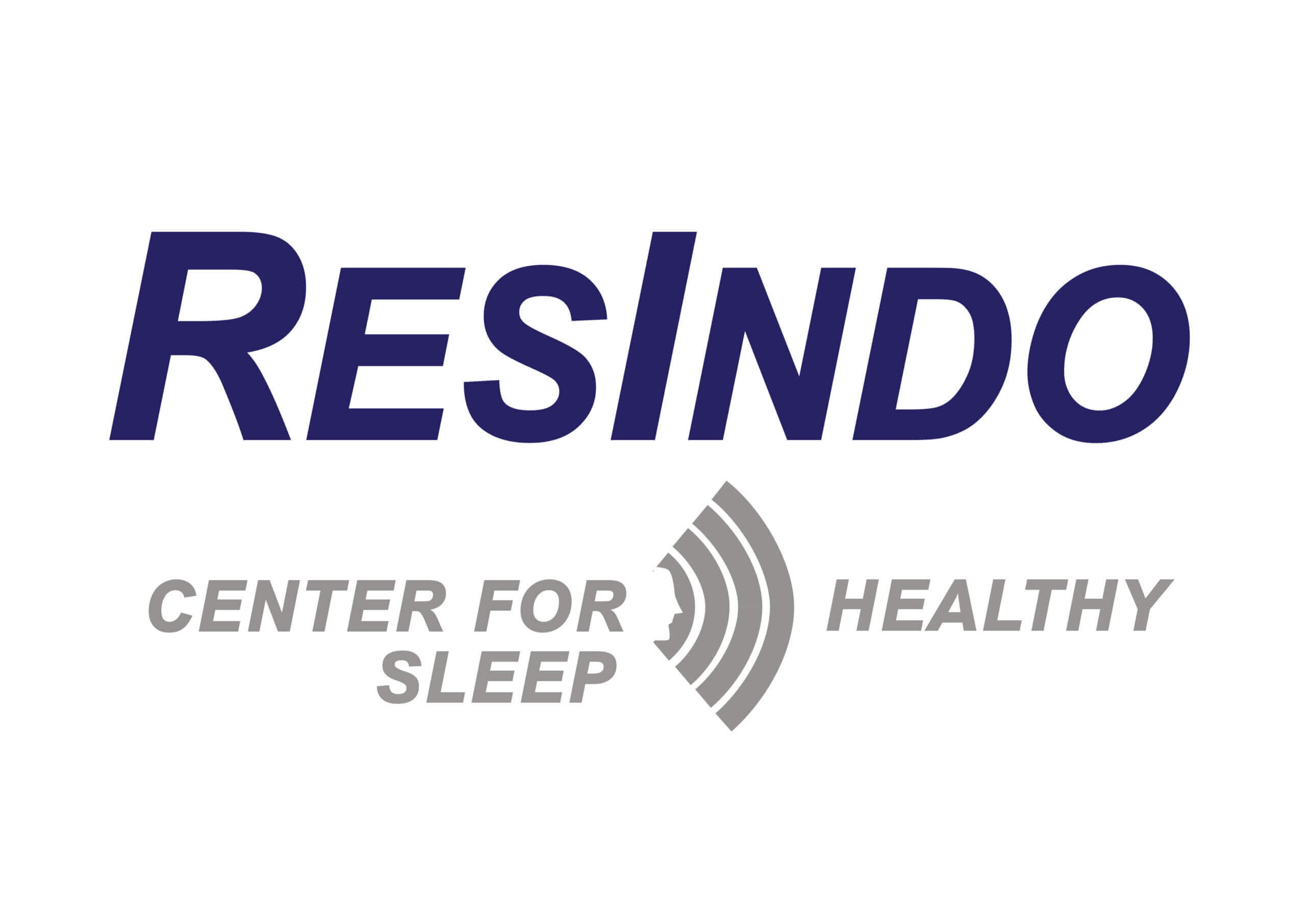Snoring is caused by a restriction or blockage in airflow while you sleep. The restriction can occur as a result of a problem in your nose, your mouth, your sleeping position or it can be a combination of factors. By working out where the problem is, you may be able to figure out a good solution that helps you (and your partner) go back to sleeping soundly and awakening refreshed.
Nasal snoring
Nasal snoring occurs when your nasal passages are partially blocked. Nasal snoring sounds vary between (a) consistently loud rumbling sounds, or (b) whistling noises. This may be caused by an allergy, a sinus infection, nasal polyps or a deviated nasal septum (which makes it difficult to breathe through your nose). The common cold can also cause nasal congestion.2 Common allergies associated with nasal congestion are house dust mites, mold, animal hair and pollens.3
Mouth snoring
Mouth snorers often have blocked nasal passages so they tend to breathe through their mouths when they sleep. This causes the soft tissues inside their mouth to vibrate and produce a low rumbling sound. Another cause of mouth snoring is having enlarged tonsils.4 Mouth snoring can sometimes lead to infection as the air breathed in does not get filtered by the nose.
Tongue snoring
Tongue snorers can easily be identified by inconsistent high pitched sounds. This type of snoring occurs because your tongue becomes too relaxed. When this happens, it can drop back into your throat and obstruct your airflow.5 Tongue snoring is more likely to happen if you drink alcohol or use sleep medication. Also, being overweight can increase the risk because you have more fatty tissue around your airway.6 A good way to stop tongue snoring is to use a mouth-guard while you sleep. Mouth and tongue snoring both tend to be worse if you sleep on your back, so using devices that help to prevent you from sleeping on your back can be helpful. 7
Throat snoring or sleep spnea
Throat snoring is considered the loudest of snores and is the most serious type. Throat snoring is caused by sleep apnea, which basically means that the person may stop breathing many times during the night. It can occur in every sleep position, and the noise follows no rhythm at all. The muscles and tissues in your throat become very relaxed resulting in throat collapse, and the air cannot pass through to your lungs.
Citations
1. Source:https://www.sleephealthfoundation.org.au/pdfs/surveys/SleepHealthFoundation-Survey.pdf accessed 14 June 2019.
2. Source: https://www.mayoclinic.org/diseases-conditions/snoring/symptoms-causes/syc-20377694 accessed 7 June 2019.
3. Source: https://www.medicinenet.com/nasal_allergy_medications/article.htm#nasal_allergy_allergic_rhinitis_medication_introduction accessed 5 Aug 2019.
4. Source: https://www.medicinenet.com/snoring/article.htm#why_do_people_snore accessed 5 Aug 2019.
5. Source:https://britishsnoring.co.uk/snoring_types/tongue_base_snorer.php accessed 5 Aug 2019.
6. Source: https://www.mayoclinic.org/diseases-conditions/snoring/symptoms-causes/syc-20377694 accessed 5 Aug 2019.
7. Source: https://www.verywellhealth.com/how-sleep-position-might-impact-your-snoring-3014685 accessed 5 Aug 2019.
[/et_pb_text][/et_pb_column][/et_pb_row][/et_pb_section]